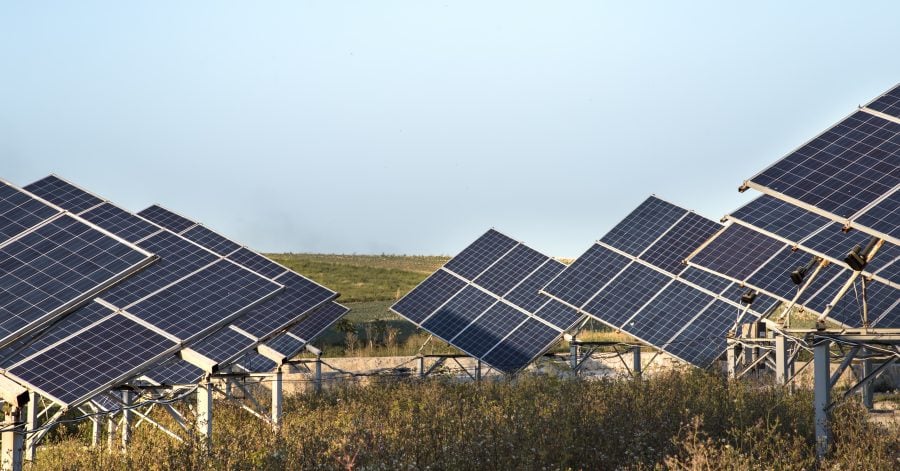Last week, North Macedonia became one of the sixteen European countries that have committed to phase out coal by 2030. Together with Spain, the country joined the Powering Past Coal Alliance (PPCA) at the London Climate Action Week.
“The addition of North Macedonia to this group is particularly significant, as it is the first Western Balkan country to commit to quitting coal”, Mahi Sideridou, managing director of the Europe Beyond Coal campaign said.
North Macedonia aims to close its two coal plants, REK Bitola and REK Oslomej, by 2027, and to transition away to using renewable energy sources. While REK Bitola is the country’s largest energy plant, it is also one of North Macedonia’s biggest polluters, with one of the highest levels of sulfur dioxide emissions in the region.
REK Bitola’s first unit will be converted into a gas power plant, which will be then connected to the gas pipeline network. The remaining two units will be operational and run on coal as long as the EU regulation allows them to, meaning until 2030, authorities said.
The country’s European prospects could also play a major goal in achieving this feat, as North Macedonia, still a candidate country, looks to begin the accession negotiations with the EU soon.
According to Emina Rustemoska, an EU environmental law expert, based in the city of Struga, in the following period, the country needs to focus on several segments, such as reducing energy dependence, increasing the energy efficiency of buildings, reducing the use of fossil fuels in industry, and increasing the share of renewable and clean energy.
“Some steps have been taken to improve the situation, such as the accelerated construction of a gas pipeline network and connection with Greece, then the construction of a photovoltaic power plant in Oslomej, and the new energy strategy 2020-2040, in which one of the 5 pillars is energy efficiency and decarbonization”, Rustemoska tells The Recursive.
While the country is already using a significant amount from international institutions that support renewable energy projects, North Macedonia’s potential accession to the EU will also significantly increase these opportunities.
The EU’s new negotiations methodology has also placed particular emphasis on the environment and climate change chapter.
“During the negotiation process, this can lead to an accelerated transformation in the energy sector, as the chapters are conditioned by each other, so it is expected that the dynamics in the next few years will increase”, Rustemoska points out.
However, much more energy investments are needed in the next period, which are in line with the European efforts envisaged by the European Green Deal. Currently, the installed capacity for electricity production from renewable energy sources is about 37% of the total capacity of the country.
“As a country that is already feeling the effects of climate change and cannot afford to pay the high price of its impacts, North Macedonia has no other option but to ramp-up its climate ambition. Committing to phase out coal by 2027 is a key part of this,” Elena Nikolovska, communications manager at environmental consultancy Eko-sense, said.
As The Recursive reported earlier, North Macedonia aims to increase its national renewables capacity to above 50% by 2024, with a particular focus on solar and wind power.








